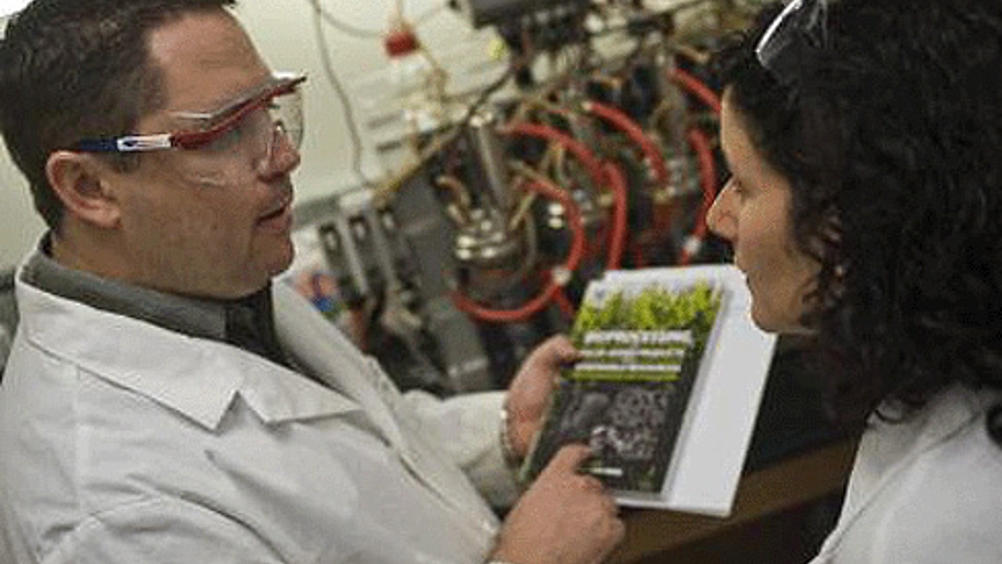New method rapidly converts simple glucose into biofuels
Rice University engineering researchers this week unveiled a new method for rapidly converting simple glucose into biofuels and petrochemical substitutes.

In a paper published online in Nature, Rice’s team described how it reversed one of the most efficient of all metabolic pathways — the beta oxidation cycle — to engineer bacteria that produce biofuel quickly.
On a cell-per-cell basis, the bacteria produced the butanol, a biofuel that can be substituted for gasoline in most engines, about 10 times faster than any previously reported organism.
‘That’s really not even a fair comparison because the other organisms used an expensive, enriched feedstock, and we used the cheapest thing you can imagine, just glucose and mineral salts,’ said Ramon Gonzalez, associate professor of chemical and biomolecular engineering at Rice.
According to a statement, Gonzalez’s laboratory is in a race with numerous labs around the world to find green methods for producing chemicals such as butanol that have historically come from petroleum.
‘We call these “drop-in” fuels and chemicals, because their structure and properties are very similar, sometimes identical, to petroleum-based products,’ he said. ‘That means they can be “dropped in”, or substituted, for products that are produced today by the petrochemical industry.’
Register now to continue reading
Thanks for visiting The Engineer. You’ve now reached your monthly limit of news stories. Register for free to unlock unlimited access to all of our news coverage, as well as premium content including opinion, in-depth features and special reports.
Benefits of registering
-
In-depth insights and coverage of key emerging trends
-
Unrestricted access to special reports throughout the year
-
Daily technology news delivered straight to your inbox










Water Sector Talent Exodus Could Cripple The Sector
Maybe if things are essential for the running of a country and we want to pay a fair price we should be running these utilities on a not for profit...